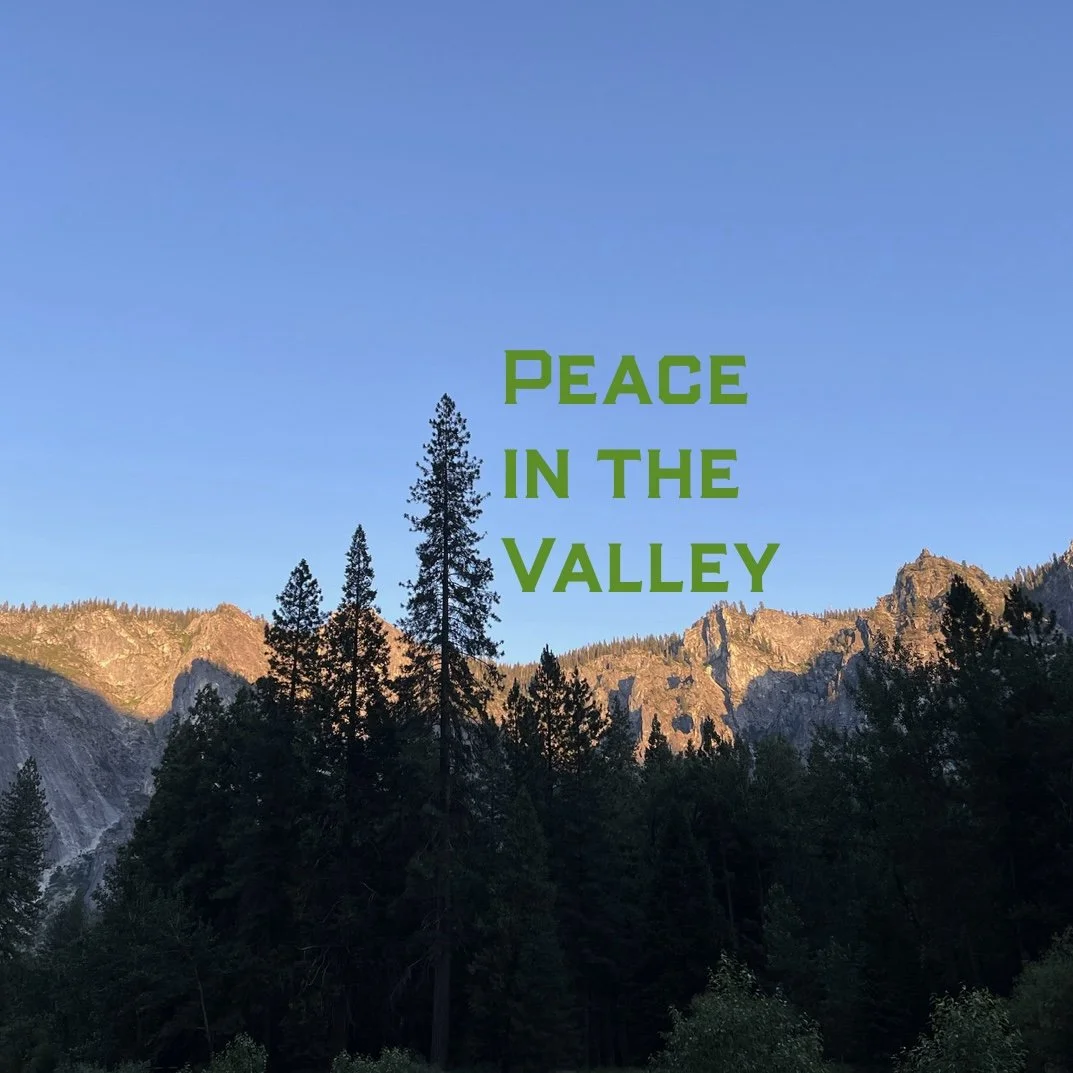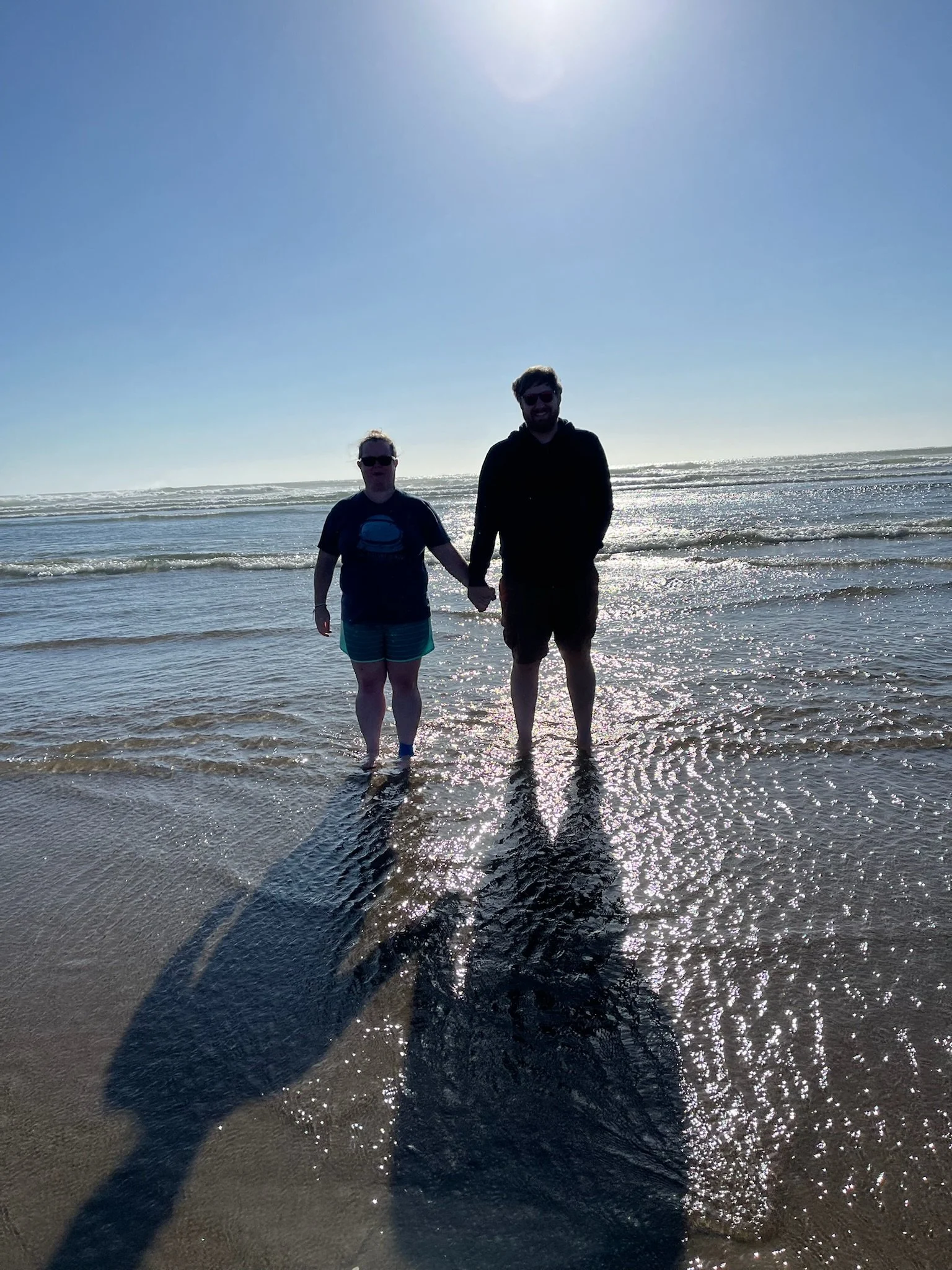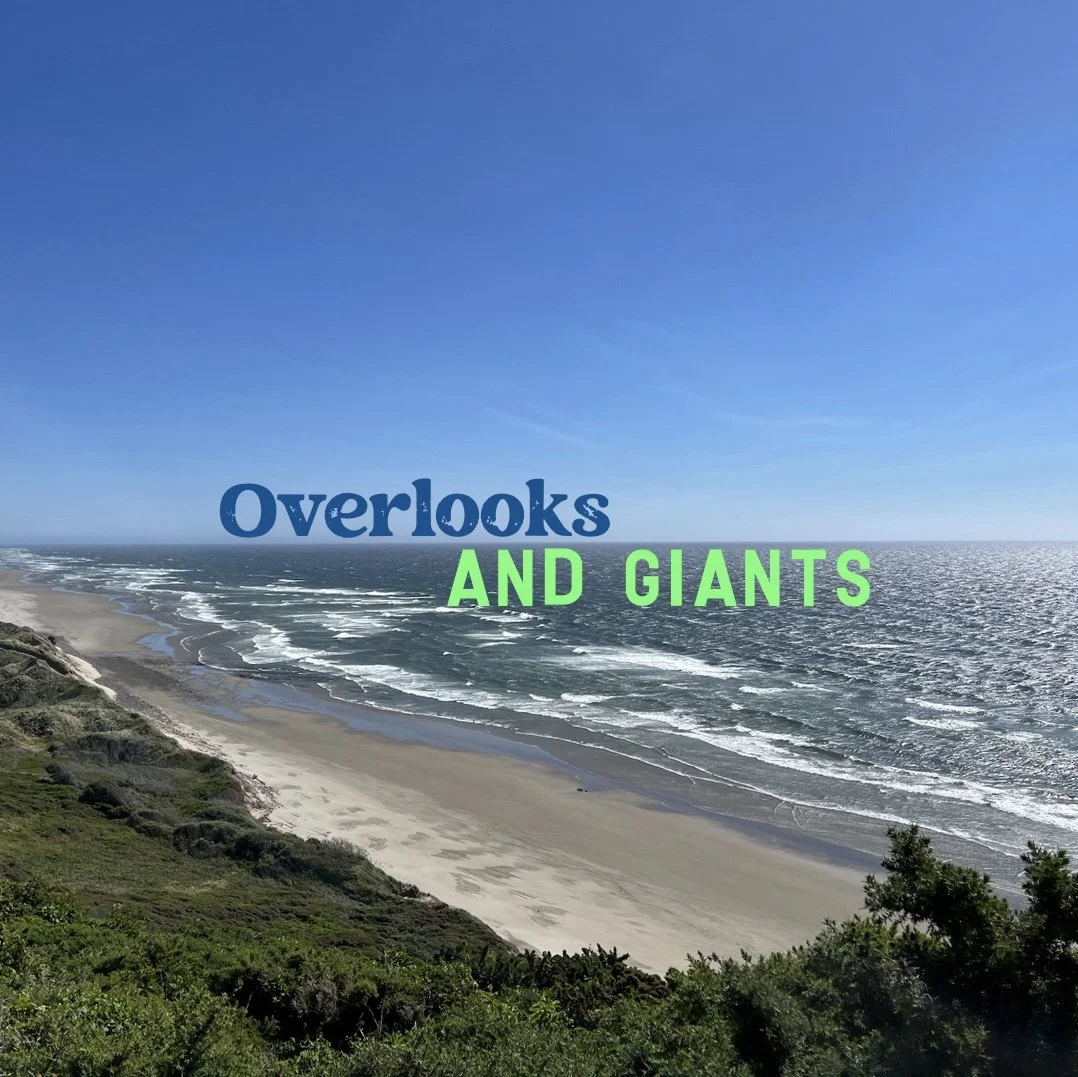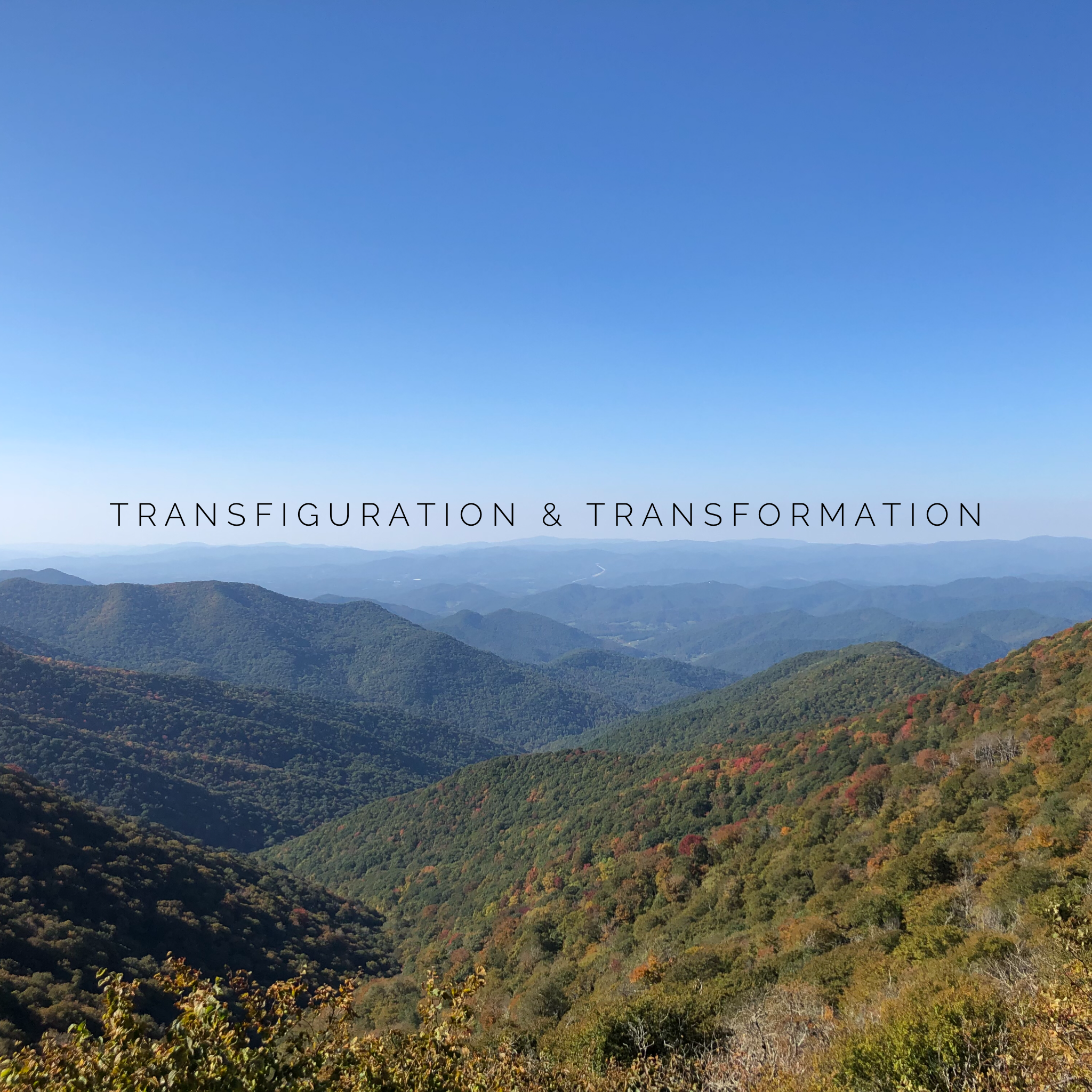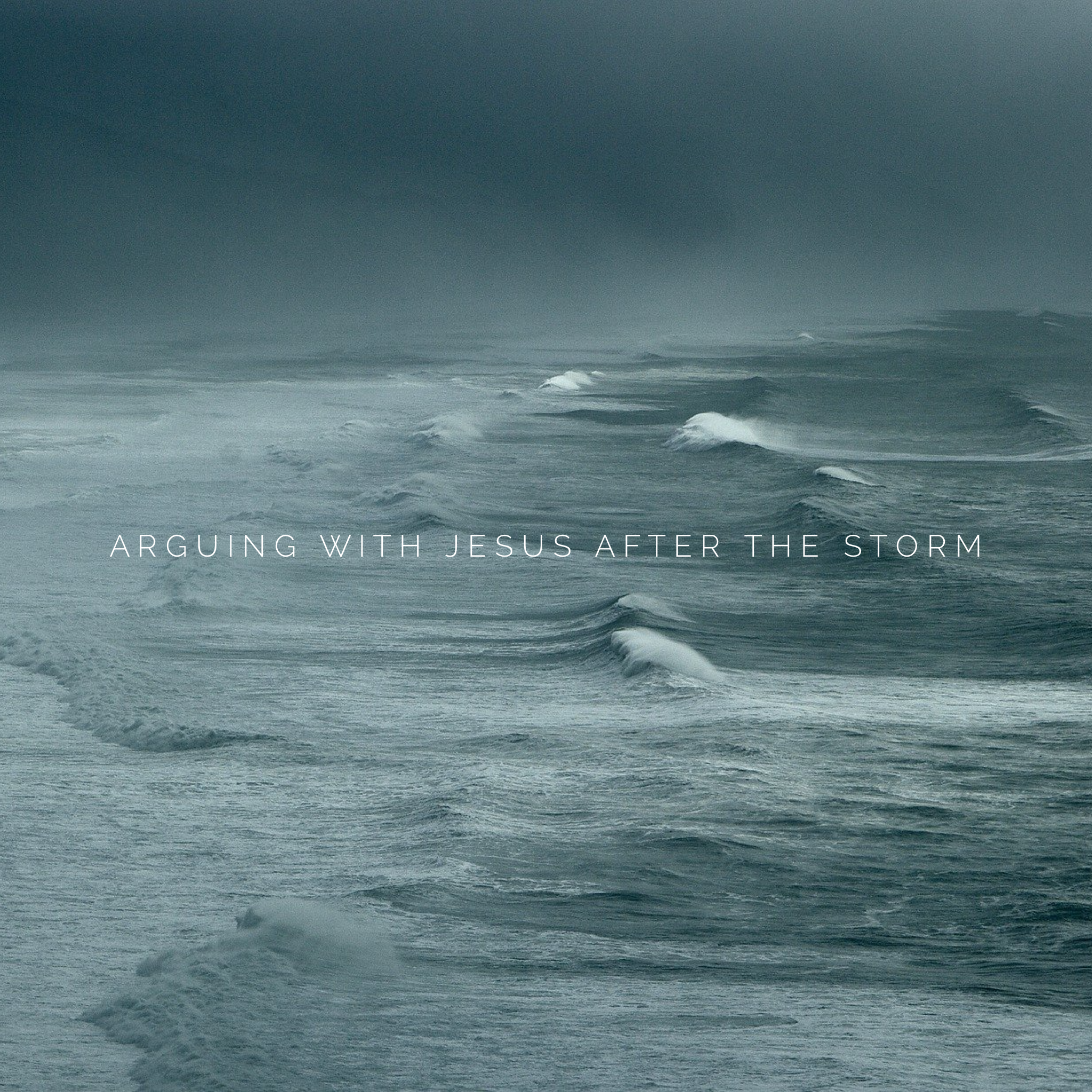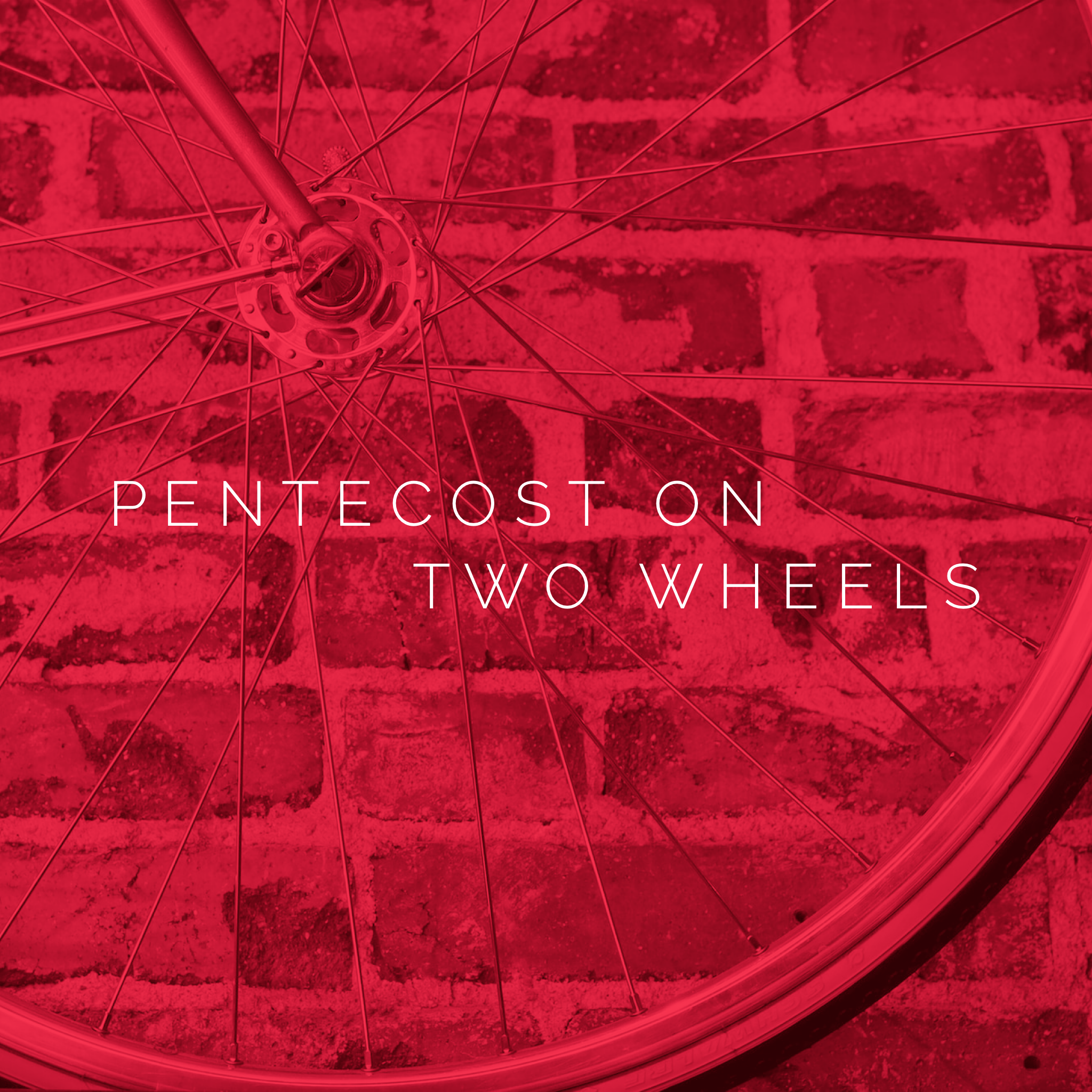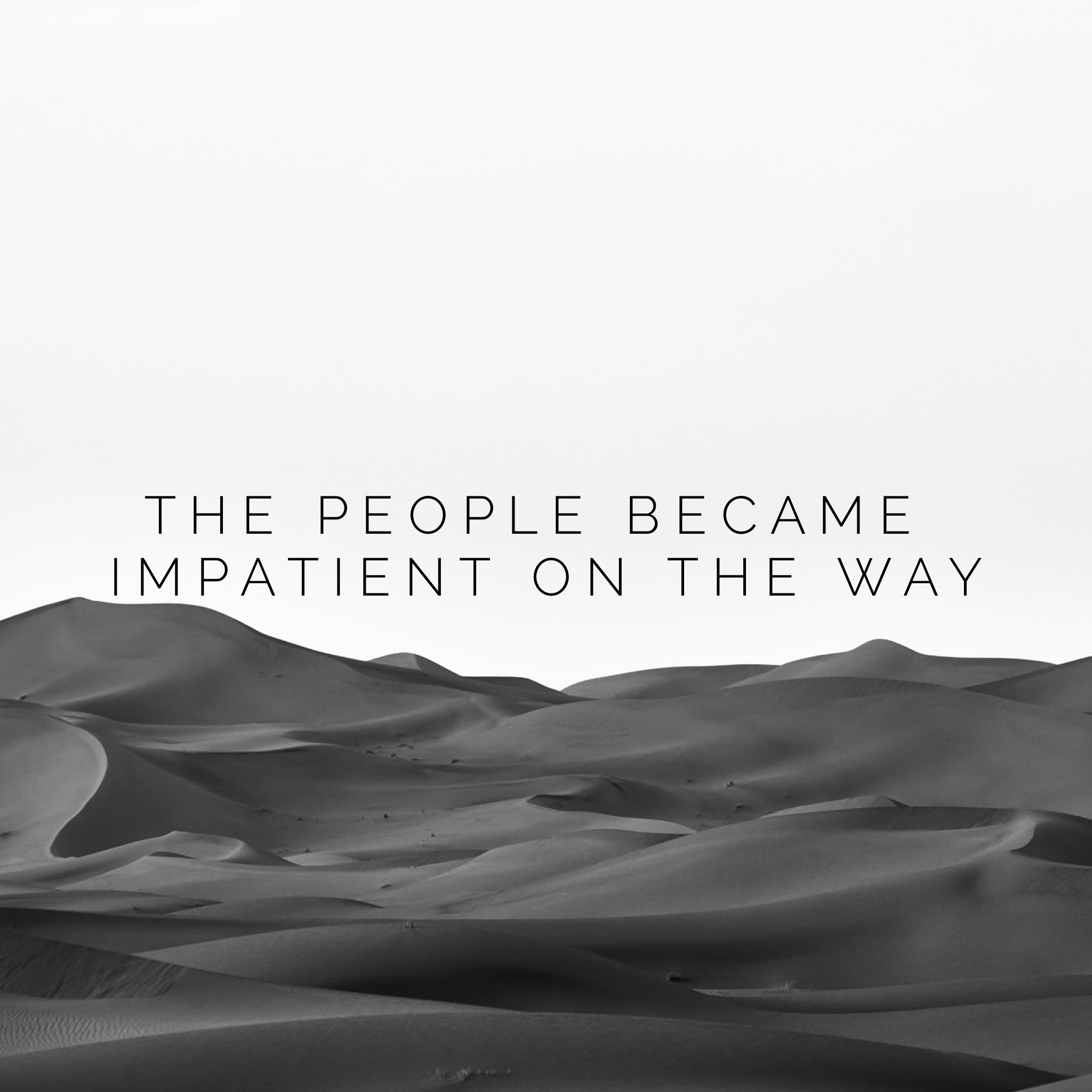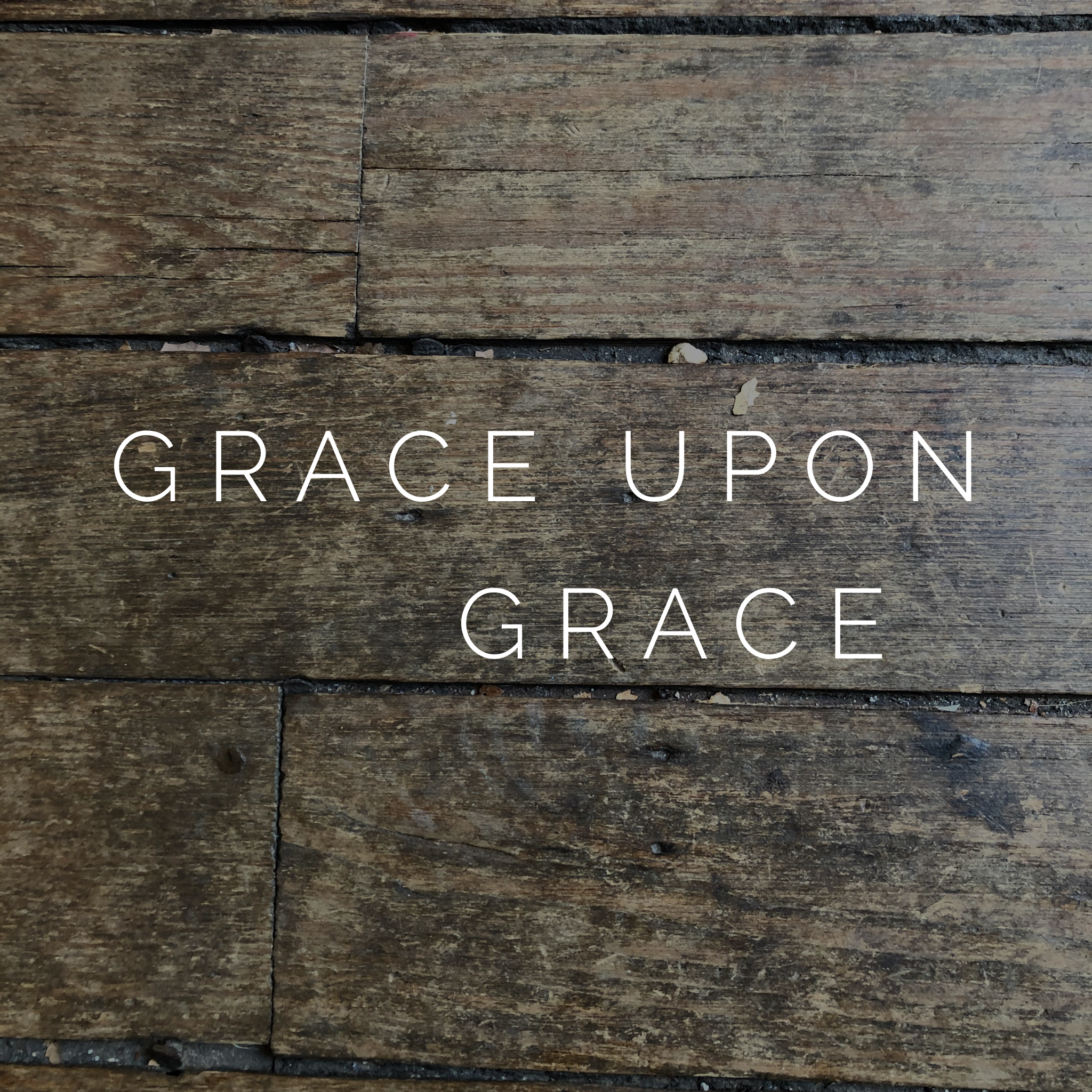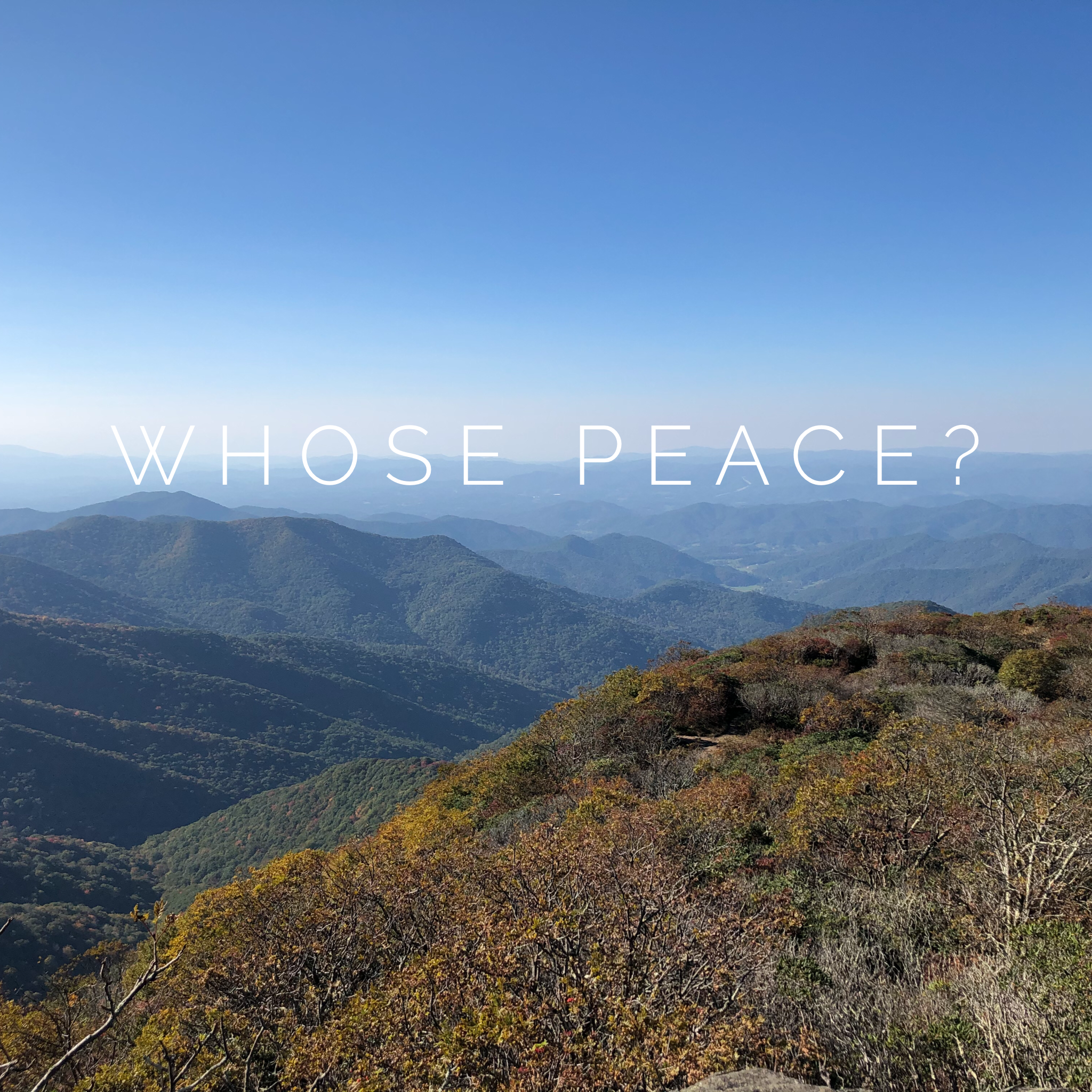“Follow me.”
It seems really, really simple. In some ways it is. One of the lyrics that feels like it came preloaded in my memory is “I have decided to follow Jesus / I have decided to follow Jesus / I have decided to follow Jesus / No turning back / No turning back.” As a kid, following Jesus felt simple because the world is a lot less complicated. Do you believe Jesus is the Son of God? Do you feel sorry for the wrong you’ve done and want to try to do what’s right? Then let’s go.
And even all these years later? Some days, it still feels kind of simple. Not simple as in easy but simple as in I still think Jesus is the best way we can encounter God, I am sorry for the wrong I have done, and I do want to try to do what’s right. Sign me up. Let’s go.
Yet other days I am reminded that biblically speaking, this whole “Follow me” business requires more than sign me up and let’s go.






